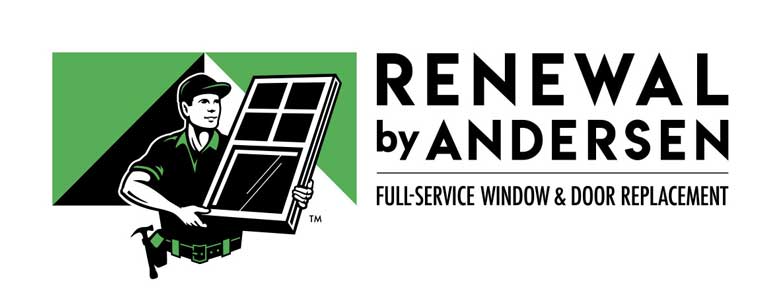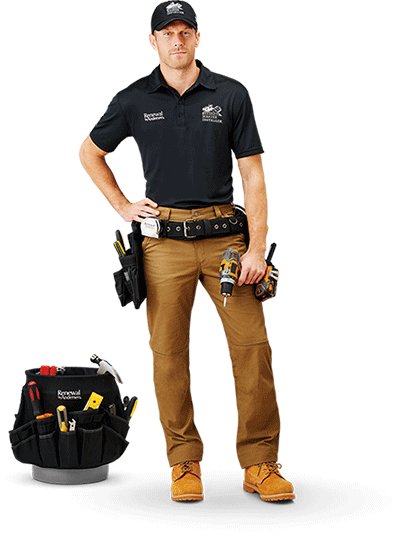It is important to prioritize a household’s needs when designing a home. The thoughtful design concept “aging-in-place” has been known to facilitate a safe space for people of all ages and abilities. The design allows the residents to live safely and comfortably as they age. Windows and patio doors can heavily influence the quality of aging-in-place homes. This article, Renewal by Andersen® of Central Pennsylvania explains how windows and doors help facilitate an aging-in-place.

The design and style of windows and doors are important elements of an aging-in-place home. Here are some examples of how windows and doors can affect the home’s safety and comfortability:
- Wider and bigger windows let more natural light inside. Bright and natural light helps the visibility inside the home. Windows with wider openings also improve the air circulation and ventilation in a home.
- For aging-in-place designed homes, lowered windows are preferred. An egress through low windows is a good advantage in the event of an emergency.
- Windows and doors should not be a reason for any difficulty. They should be easy to operate even for people with postural and mobility problems. Consider casement windows and hinged French doors, they are easily manageable and uncomplicated.
- Wider doors provide more opening space. Wider space can comfortably accommodate a walker or wheelchair. A doorway width of at least 36 inches is within the standard of the Americans with Disabilities Act (ADA).
- Lever handles on doors and windows are also a great help. They make it easier for arthritic hands to operate. Lever handles can also be operated using the hips, knees, or elbows.
Sliding contemporary doors are great for aging-in-place homes. We can help you at Renewal by Andersen of Central Pennsylvania. Call us at (717) 929-8610 or fill out our contact form to book an appointment. We serve clients in Reading and State College, PA.








